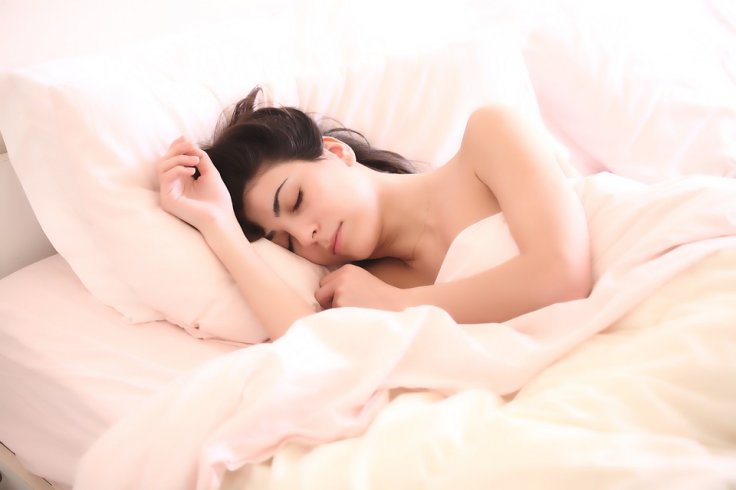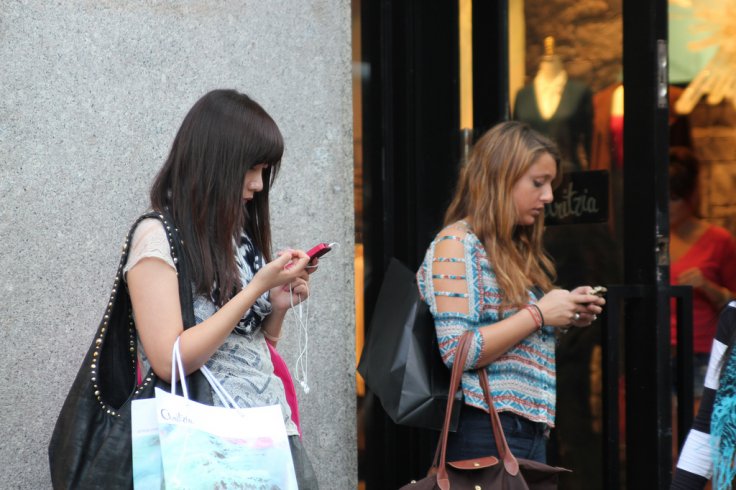If you use blue-light filters on your smartphone, which tints the screen to reduce the device's blue light and help users fall asleep, you might want to consider stopping. A recent study has found that the feature is actually doing the exact opposite of what it's intended to do and instead keeping users awake at night.
University of Manchester conducts study on mice
A recent study conducted by researchers at the University of Manchester revealed that blue light filters might not be as helpful and harmless as we expect them to be.
The filters, also referred to as "night mode," "night shift," "night light" etc, tint the screen of your device to make it look more "yellow" and is designed with the intention to reduce the amount of blue light displayed on the screen of the device and allow the production of a sleep-inducing hormone called melatonin.

This mode apparently help users to sleep better and reduce eye strain. However, after conducting a study on a group of mice, a research team led by Dr. Tim Brown, has found that the claim that blue light filters improve users' sleep is nothing more than a myth. Researchers used specially designed lighting to adjust the color temperature without altering the brightness and exposed the mice to various colors and then observed the effects it had on the subjects.
Results of the study
The observations revealed that yellow light produced affected the mice's body clock more than blue light, which means using your phone's blue light filter might actually increase the stimuli from your eyes telling your brain it isn't time to sleep yet.

In research conducted on mice, the university found that colour-sensing cone cells in the eye may be more responsive to yellow light than the response of melanopsin to blue light. In other words, using your phone in night mode may actually increase the stimuli from your eyes telling your brain it isn't time for sleep.
Dr. Brown says this makes sense if you think about the color of light as it appears throughout the day - evenings usually have bluer light than daytime, when the light is more yellow, and the body depends heavily on these two identifiers to determine what time to sleep and what time to wake up.
How to turn off the blue light filter on your device?
If you're currently using the blue light filter on your device, it's pretty easy to turn off. On iOS, head to Settings > Display & Brightness > Night Shift. On Android, head to Settings > Display > Night Light. Some Android phones will use a different name for the feature — Samsung, for example, calls it the 'Blue light filter' — but regardless what it's called, the setting should be accessible in the Display menu.









